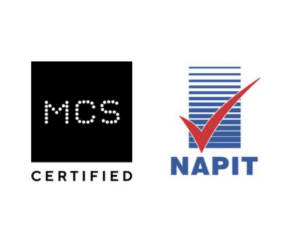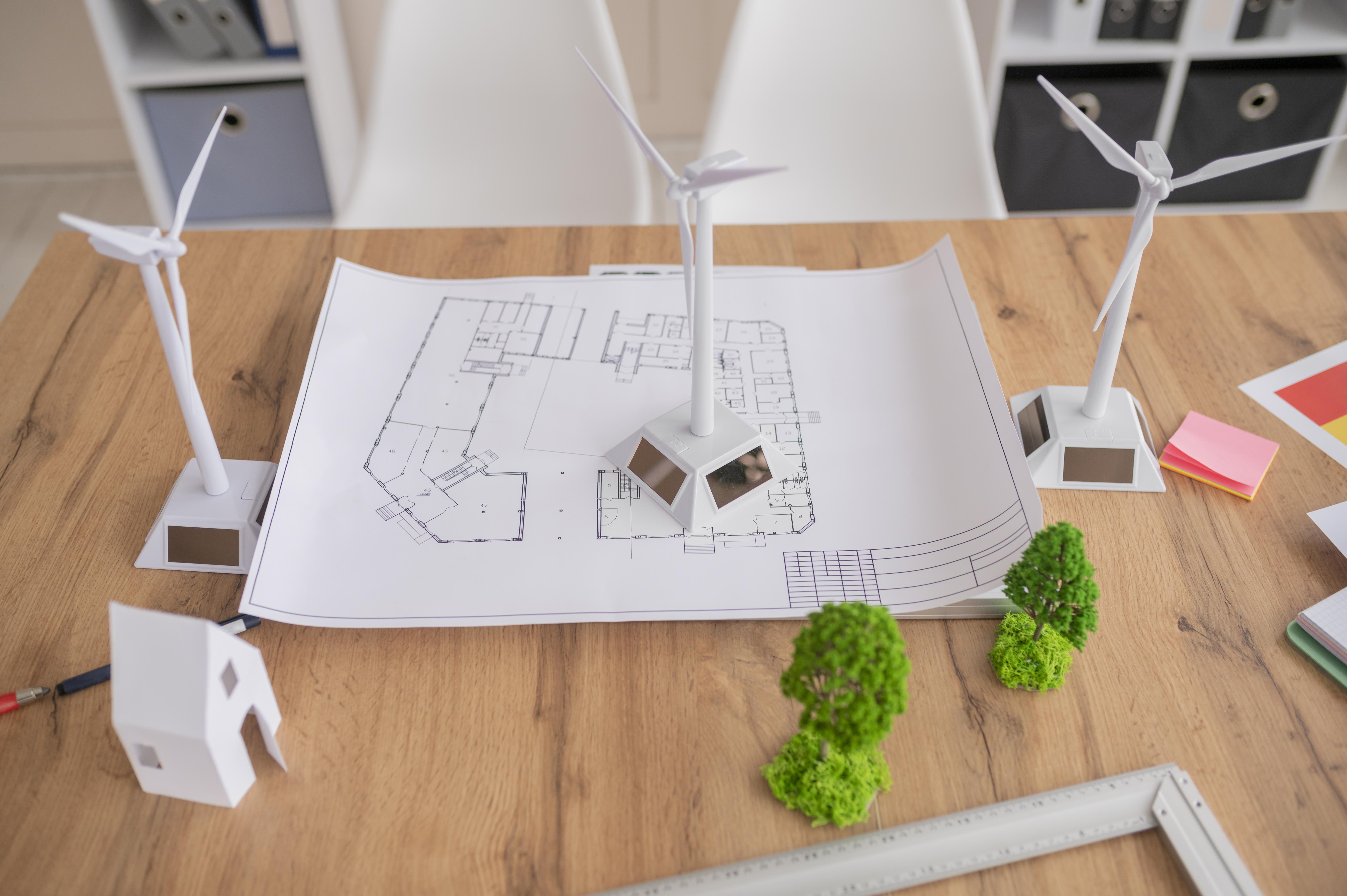
Choosing the right solar panels involves evaluating several key factors to ensure optimal performance and value. Firstly, consider the type of panels: monocrystalline panels offer higher efficiency and longevity but are more expensive, polycrystalline panels are more affordable but less efficient, and thin-film panels are flexible and lightweight, making them suitable for specific applications despite their lower efficiency. Efficiency ratings are crucial as they indicate how effectively the panels convert sunlight into electricity; higher efficiency is particularly beneficial if space is limited. Power output, measured in watts, should meet your energy needs, and durability is essential, with long warranties (20-25 years) signifying reliable products.
Cost is a significant factor; balancing cost per watt with efficiency and durability can justify higher initial expenses through better performance and lifespan. The temperature coefficient indicates performance in high temperatures, with lower coefficients being preferable for hot climates. Ensure the panels have necessary certifications like IEC, indicating compliance with safety and performance standards.
To choose the right solar panels, start by assessing your energy needs and calculating daily electricity consumption to determine the total wattage required. Evaluate your installation site for available space, orientation, tilt, and shading. Consulting with solar energy professionals can provide tailored insights, while customer reviews and case studies can offer real-world performance evaluations. By carefully considering these factors, you can select solar panels that meet your energy requirements, budget, and provide reliable performance over time.

In the UK, solar panel installers should hold several specific licenses and certifications to ensure they meet industry standards and regulatory requirements. Key credentials include certification under the Microgeneration Certification Scheme (MCS), which ensures the quality and reliability of renewable energy products and installations, essential for customers to qualify for financial incentives like the Smart Export Guarantee (SEG). Installers must also be registered under a Part P competent person scheme to comply with building regulations for electrical safety in domestic installations. Relevant electrical qualifications, such as City & Guilds 2399 (Renewable Energy) or an NVQ Level 3 in Electrical Installation, are necessary. Health and safety credentials are also critical; installers should hold Construction Skills Certification Scheme (CSCS) cards and adhere to thorough risk assessments and method statements (RAMS) to ensure safe working practices. Additional certifications from schemes like the National Inspection Council for Electrical Installation Contracting (NICEIC) or the Electrical Contractors’ Association (ECA) further demonstrate competence. Lastly, a solid track record of successful solar panel installations, evidenced by customer testimonials and case studies, is essential to verify the installer’s experience and reliability.

Optimizing the number of solar panels installed helps to enhance solar panel efficiency and increase return on investment. To maximize the number of solar panels installed, several key strategies can be employed. Start by optimizing roof space with high-efficiency panels that generate more electricity per square foot and ensure they are oriented and tilted to maximize sunlight exposure throughout the day. Minimizing shading from trees or nearby structures is crucial to maximizing energy absorption. Customizing the system design to match specific energy needs and available space, whether through roof-mounted or ground-mounted options, enhances efficiency. Consider advanced technologies like bifacial panels or solar trackers to capture light from multiple angles for increased energy production. Financially, balance upfront costs with long-term savings, utilizing financing options and incentives such as tax credits and rebates to make the installation more economical. Choose experienced installers who can optimize panel placement and ensure compliance with local regulations, aiming for efficient installation to maximize the number of panels installed within a given timeframe. Regular maintenance and performance monitoring are essential to keep panels operating at peak efficiency, while planning for future scalability ensures the system can meet increasing energy demands over time. These steps collectively enhance the effectiveness and efficiency of your solar panel installation.

Planning permission for solar panel installation
In the UK, whether you need planning permission to install solar panels depends on several factors. For residential properties, installations often fall under permitted development rights, meaning no planning permission is required if specific conditions are met. These conditions include ensuring panels do not protrude more than 200mm from the roof or wall surface, are not higher than the roof’s highest part (excluding chimneys), and do not extend beyond the roof’s edge. However, if your property is listed or located in a conservation area, additional restrictions may apply, necessitating planning permission to assess the impact on the building and surroundings. Flats or properties with shared ownership may require permission from the freeholder or management company. Large-scale installations, such as ground-mounted panels or those significantly altering property appearance, typically require planning permission. Regardless of planning permission, installations must comply with building regulations for electrical safety and structural integrity. It’s advisable to consult your local planning authority to determine specific requirements and seek guidance from reputable installers who can assist in navigating the process and ensuring compliance with regulations.
Conclusion
In conclusion, selecting the right solar panels and ensuring a successful installation requires careful consideration of various factors. Assessing your energy needs, understanding the types of panels available, and evaluating efficiency, power output, and durability are essential for optimal performance and value. Choosing a qualified installer with the necessary certifications and a proven track record is crucial for compliance and reliability. Optimizing the number of panels involves strategic placement, minimising shading, and leveraging advanced technologies. Understanding planning permission requirements and considering financial incentives, maintenance, and environmental impact are also vital. By thoroughly addressing these aspects, you can achieve an efficient, cost-effective, and sustainable solar energy solution for your home.
FAQ :
Does the installation of solar panels come with warranties or after-sales service?
Yes, after solar panel installation, warranties and after-sales services are typically provided for ongoing support and reliability. Solar panels often have a 25-year manufacturer’s warranty covering defects and ensuring minimum energy production levels. Inverters, essential for converting solar energy to electricity, generally carry warranties of 5 to 15 years. Maintenance contracts may include inspections and cleaning, with technical support available for troubleshooting and system performance. These services ensure optimal function and customer satisfaction after installation.
How can night tariff benefit when I installed solar panel?
A night tariff, or off-peak electricity pricing, offers reduced rates during low-demand periods like nighttime or weekends. For homeowners with solar panels, this allows them to store or export excess daytime energy and draw cheaper nighttime electricity, reducing overall costs and maximizing savings. Integrating battery storage enhances these benefits.






